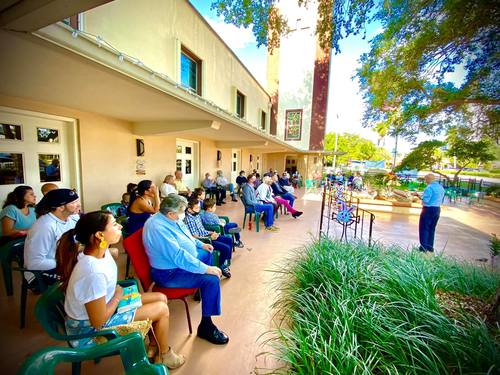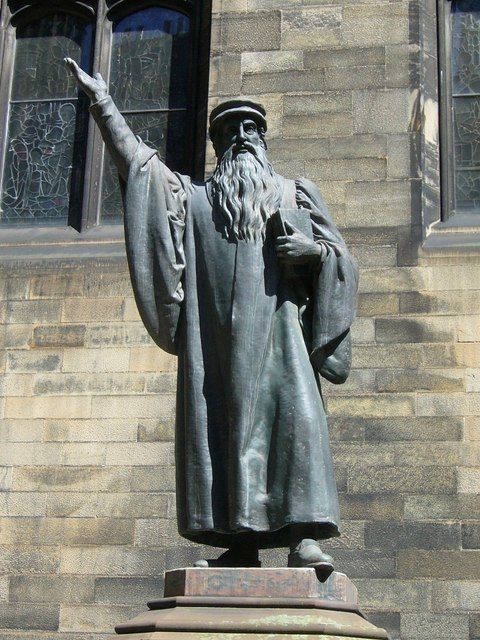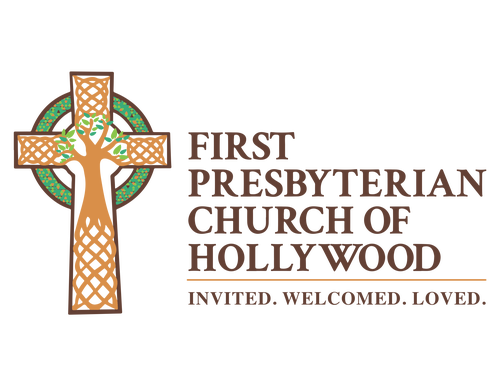To be a Presbyterian means that you are a Christian, a Christian from a particular branch of the larger Christian family tree.
A Brief History
Presbyterians trace their history back to the movement to reform the Roman Catholic Church in the 16th Century. In that Reformation movement, the German monk, Martin Luther, declared that a relationship with God doesn’t depend on doing good works to gain God’s approval, but rather trusting in the unconditional acceptance and love of God, known as grace. As part of the second wave of the Reformation that created the Protestant (as in “to protest”) family of churches, a brilliant Bible teacher and leader named John Calvin arose to lead the church in Geneva, Switzerland, and to crystallize the thinking that would create the Presbyterian or Reformed movement. His contributions include the following:
- Education– Calvin believed everyone needed an education so that everyone could read the Bible for themselves. As a result, Geneva created the first public schools.

- Presbytery – The word “Presbyterian” comes from the New Testament Greek word, presbuteros, meaning “elder.” Calvin believed that the people should govern the church through elected leaders, not through a pope and his appointed hierarchy. He built in checks and balances to power so that a few people could not dominate the church. Therefore, Presbyterian churches are led by a board of elders, who are members of the congregation elected by the congregation to lead the congregation.

John Knox, a Scottish student of Calvin persuaded his native Scotland to join the Presbyterian revolution. The Presbyterian focus on leadership and education transformed Scotland and later parts of Ireland. When Scottish and Irish Presbyterians moved to the new world, they brought these transforming ideas there as well. In fact, the Presbyterian model of government deeply influenced the form of government proposed by the United States Constitution. Fourteen signers of the Declaration of Independence were Presbyterians, and among American Presidents and Vice Presidents, more have been Presbyterian than any other Christian denomination.
Over the years in the United States, Presbyterians have not been perfect. Like every other Protestant denomination, Presbyterians split during the Civil War. In the 1980s, they reunited, and have striven to become a denomination reflecting the full diversity of God’s creation.
First Presbyterian is affiliated with the largest Presbyterian body in the U.S., the Presbyterian Church USA.
Over the years in the United States, Presbyterians have not been perfect. Like every other Protestant denomination, Presbyterians split during the Civil War. In the 1980s, they reunited, and have striven to become a denomination reflecting the full diversity of God’s creation.
First Presbyterian is affiliated with the largest Presbyterian body in the U.S., the Presbyterian Church USA.
Some Notable Presbyterians:
As a very democratic church denomination, many American political leaders have come from Presbyterian churches like Ronald Reagan, Walter Mondale, Andrew Jackson, Woodrow Wilson and Dwight Eisenhower. Moreover 13 out of 100 Senators are Presbyterian.
Beyond politics, you can find Presbyterians in journalism (Katie Couric and Robin Roberts), in the movies or TV (Jimmy Stewart, Dick Van Dyke, Mister Rogers- a Presbyterian pastor, Patricia Heaton, Jim Carrey, Leonardo DiCaprio and David Tennant), in literature (Mark Twain, William Faulkner, Anne Lamott, J.K. Rowling); in sports (the creator of basketball, James Naismith, and Peyton Manning) and even in space (the astronauts John Glenn and Sally Ride).
Since we believe that all human beings are equal before God, you could say that every Presbyterian is a notable one!
Beyond politics, you can find Presbyterians in journalism (Katie Couric and Robin Roberts), in the movies or TV (Jimmy Stewart, Dick Van Dyke, Mister Rogers- a Presbyterian pastor, Patricia Heaton, Jim Carrey, Leonardo DiCaprio and David Tennant), in literature (Mark Twain, William Faulkner, Anne Lamott, J.K. Rowling); in sports (the creator of basketball, James Naismith, and Peyton Manning) and even in space (the astronauts John Glenn and Sally Ride).
Since we believe that all human beings are equal before God, you could say that every Presbyterian is a notable one!
What Makes Presbyterians Distinct?
Two major factors distinguish Presbyterians from other Protestant Christian churches:
- We stress a democratic form of leadership that sees pastors and members of the church governing together at every level from the local congregation to the national denominational level.
- We root ourselves in a Christian belief system that places a high value on the Bible and teaching from it, the overwhelming power of God’s love, acceptance by God by grace through faith, and that all believers have equal access and standing before God.
Connect with us.
We'd love to hear from you. Fill out the form below to get started.
Type your new text here.
